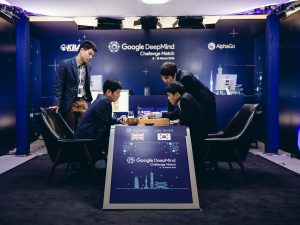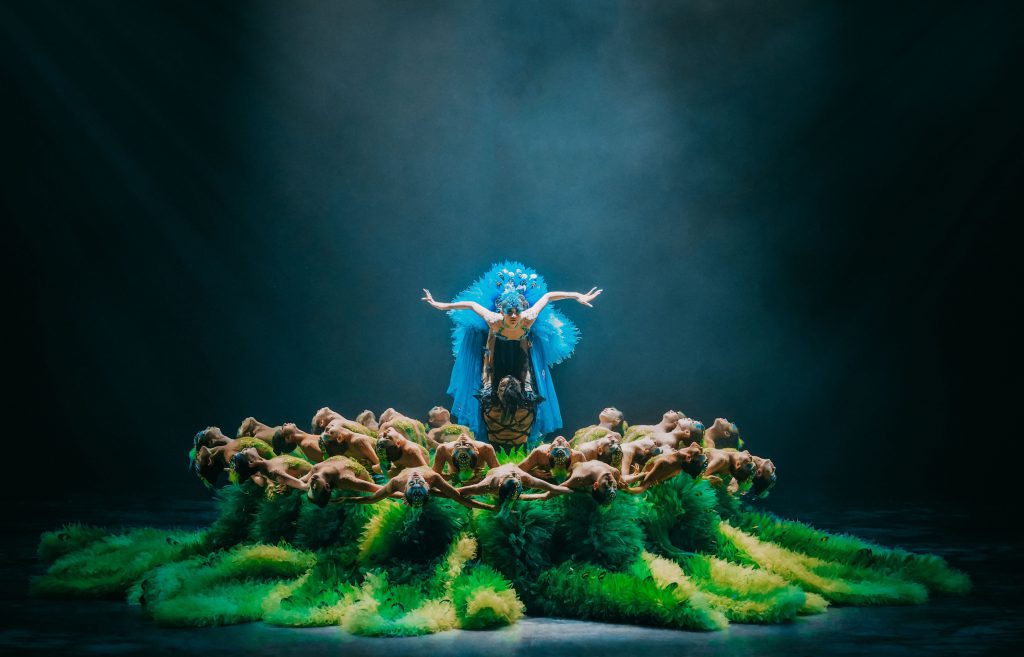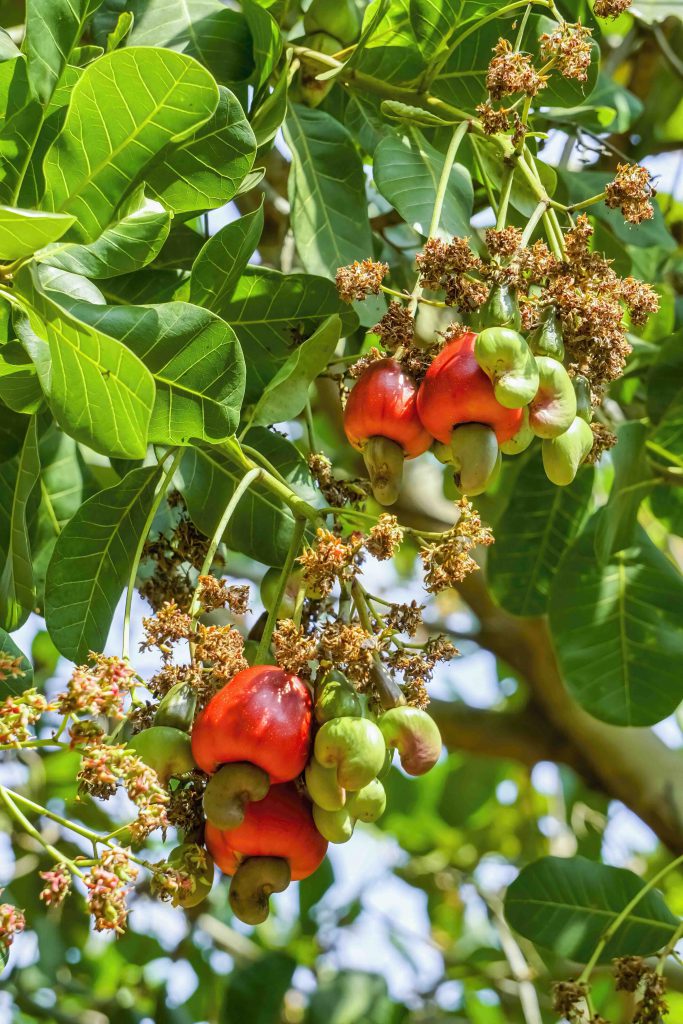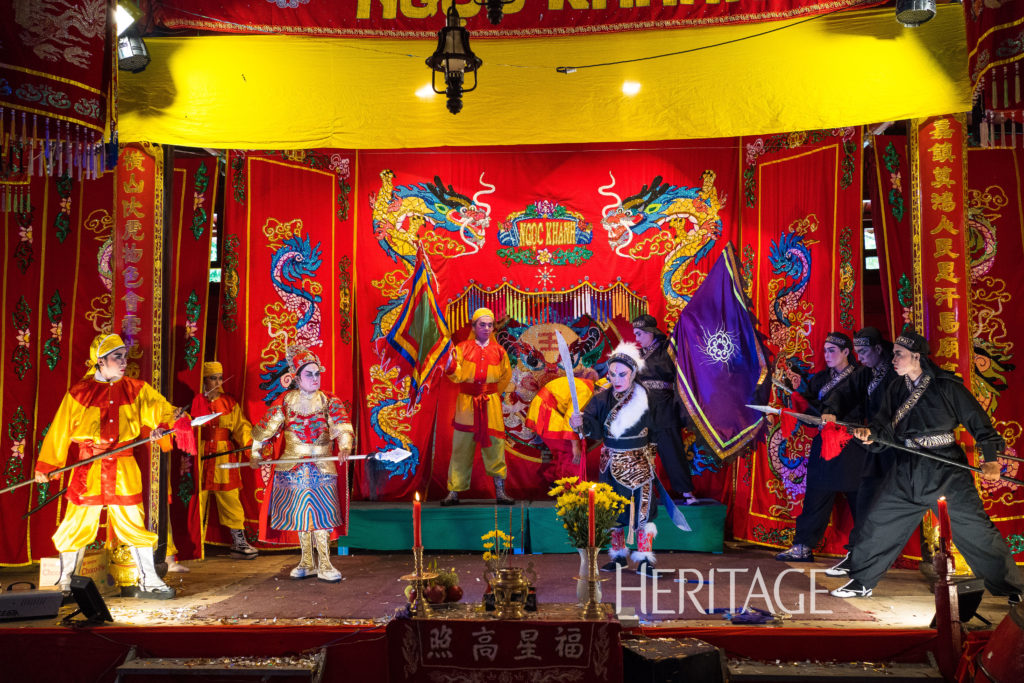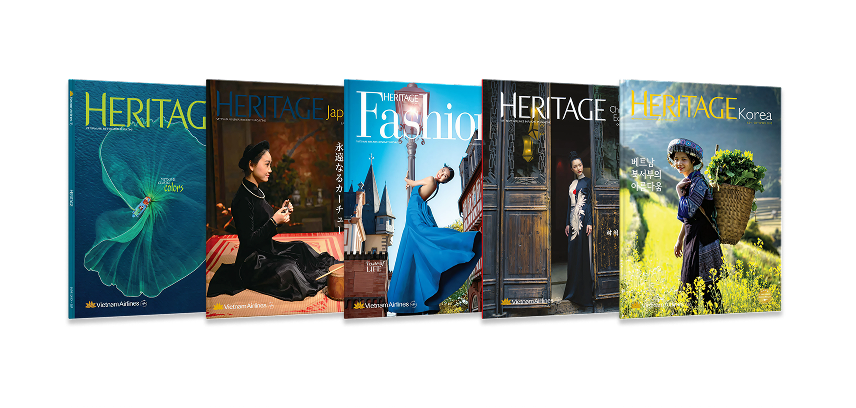Story MINH NHAT
Photos INTERNET
Fashion houses are increasingly turning to entertainers as biand ambassadors, with K-pop and Asian stars leading the pack.
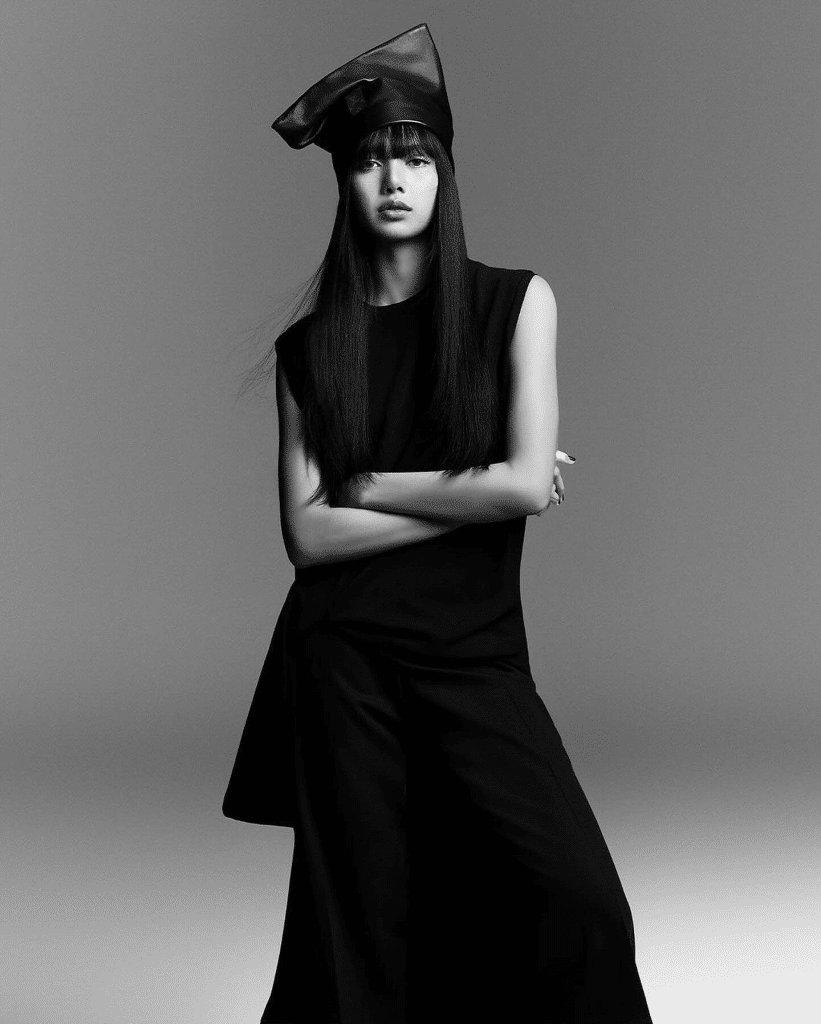
In the 2020s, the popularity of a fashion brand often depends on its ability to establish relationships with leading figures in the entertainment industry. These include movie and television stars, rappers, singers, athletes and even virtual AI entertainers.
The definition of an influencer, or KOL – Key Opinion Leader – has evolved with the times. To create widespread impact and attract Generation Z consumers, celebrities must not only have good looks but also compelling content. Thus, creative stars have become more persuasive KOLs than ever. While athletes are modern-day heroes bringing glory to their fans, artists and the entertainment industry have adopted the mission of exporting culture. A prime example is the power of Asian entertainment and artists, particularly from South Korea, who have come to dominate global runways.
G-Dragon emerges on the scene
In 2012, Paris Fashion Week marked a significant milestone when Western media first encountered G-Dragon (also known as GD) in the front row of many high-profile shows. The leader of K-pop boyband BigBang captivated fashion world observers with his unique style and megawatt star power, which ultimately led to groundbreaking collaborations.
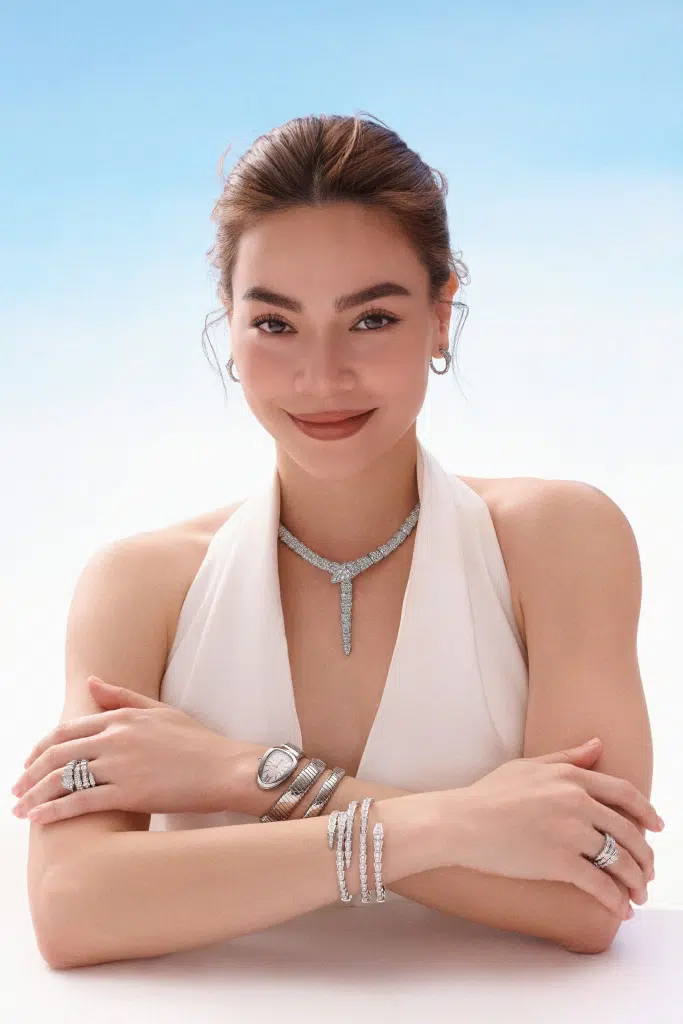
“Whenever GD made an appearance at fashion week, he became the talk of the town, and it had this powerful ripple effect, season after season,” Gee Eun, G-Dragon’s image director/ stylist, said in the Spring/Summer 2024 issue of System magazine. He was asked by CHANEL to attend the label’s shows exclusively, which ultimately led to an ambassadorship.
“It was tricky for an artist like him to travel all the way to Europe just for one show,” Gee said. “So Chanel provided a solution, which was to sign an ambassador contract. It was unprecedented, not only because GD is Asian, but because he’s also a male artist signing with [exclusively womenswear] CHANEL.”
A global phenomenon
Gee Eun’s work connecting K-pop idols to the high fashion world continued with numerous acts, including superstar girl group BlackPink. “My goal with BlackPink was to sign with four major brands, one for each member,” she said. “I pitched Jennie to CHANEL before their debut.”
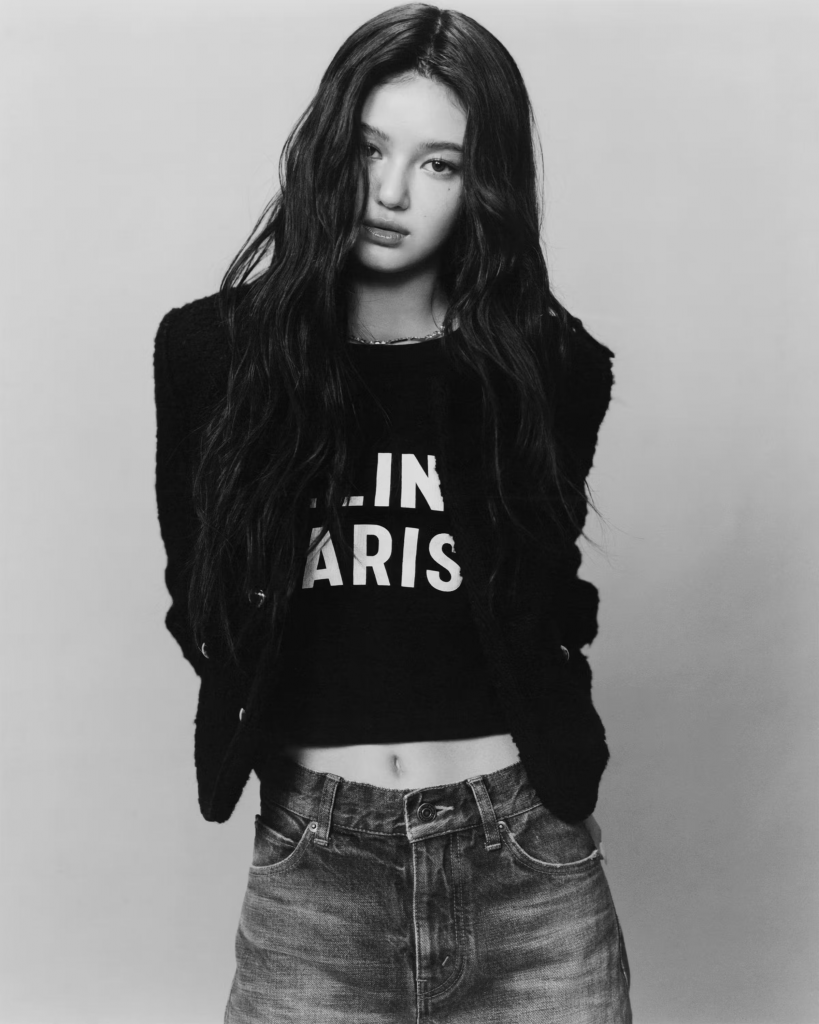
With the expansion of K-pop in the US and European countries, South Korea has now become a seedbed for high fashion. In the US, the world’s largest digital music market, Korean songs are the third most played, after English and Spanish. Recruiting Korean stars is not just a means for brands to maintain their status but also a bet on the global dominance of the Korean entertainment industry and the unique influence of K-pop. Appointing BlackPink’s Jisoo as an ambassador in 2021 alone helped Dior’s revenue in South Korea double compared to the same period in 2020, from USD 253 million to USD 473 million.
The benefits the luxury fashion industry is reaping from relationships with Korean stars is being felt throughout Asia. In Thailand, Davika Hoorne has been a Gucci brand ambassador after years of collaboration, PP Krit became Balenciaga’s ambassador in 2023, and Win Metawin became the first Thai ambassador for Prada. In Vietnam, Ho Ngoc Ha and Son Tung M.T.P are the first “friends of the house” of Gucci. Ha Ho also became a “friend” of BVLGARI and has attended major events with top global stars.
The Asian music and film industry is receiving attention from all corners of the fashion world. Some have raised concerns that the spate of ambassadorships waters down their prestige and influence, but as long as Gen Z remains a customer base, luxury brands’ collaboration with entertainment influencers will remain a priority.


